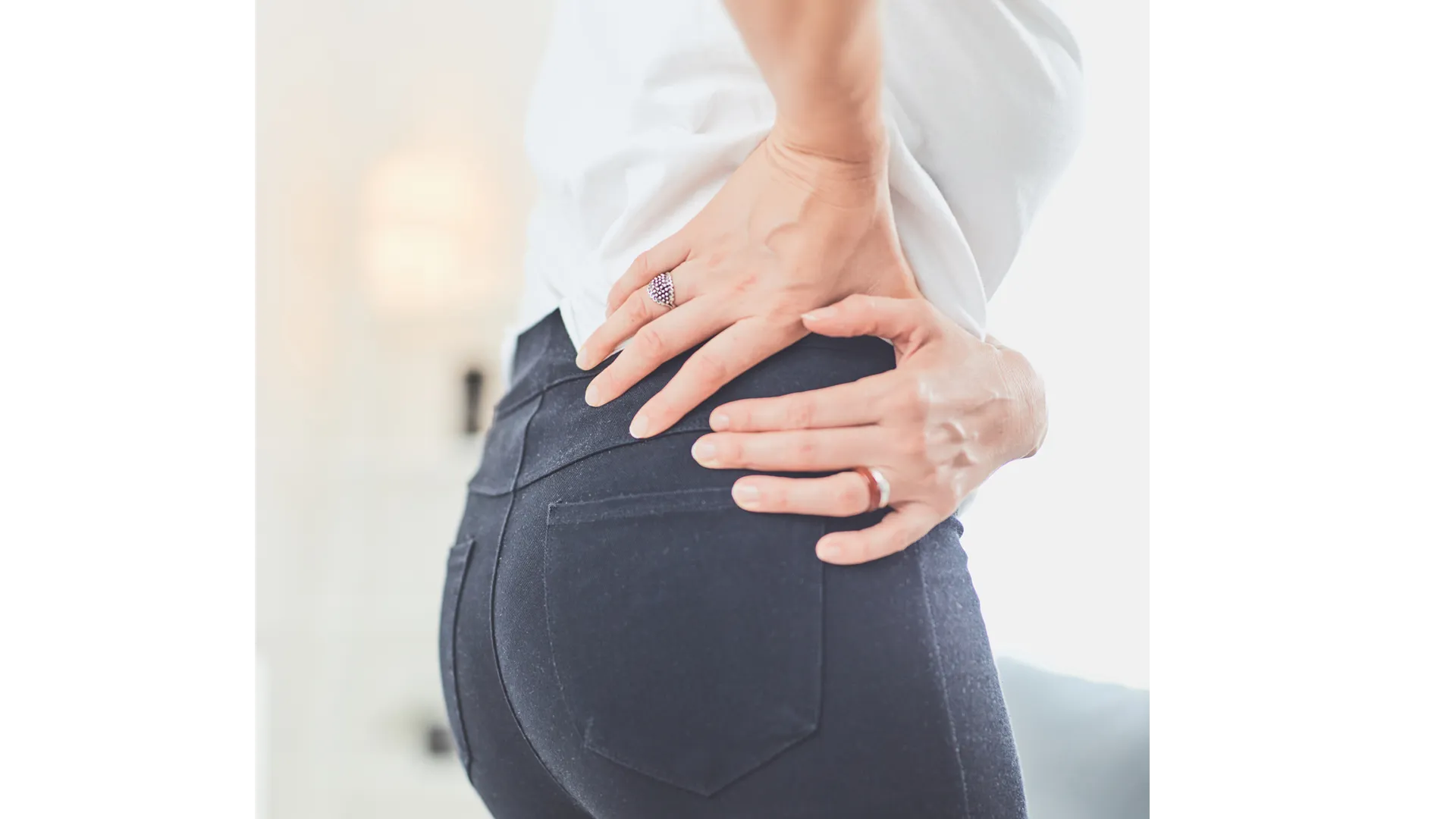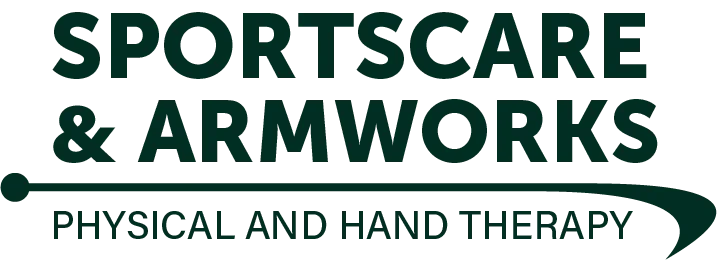What is Hip Pain?
Hip pain can be associated with injuries, overuse activities, chronic conditions, or aging. It may limit range of motion and make walking or weight bearing difficult. Hip pain severity ranges from person to person, but many find it most bothersome at night or when moving from a sitting to a standing position. Hip pain is often described as sharp and grabbing or constant and aching and can be felt in the outside of the hip, in the groin, or radiate down the thigh to the knee. If you are experiencing these symptoms, consider physical therapy for hip pain at SportsCare & Armworks Physical and Hand Therapy.
Understanding Hip Anatomy
The hip joint is the largest ball and socket joint in the body and connects the body’s trunk to the legs. The hip’s femoral head (top of the thigh bone) rests just inside of the pelvis, cushioned by fluid/cartilage in a cup-like socket called the acetabulum. The hip is attached to 3 major ligaments acting as supportive rubber bands, as well as to 21 muscles that lengthen/shorten to allow for movement. Hips bear the body’s weight, hold the force of the strong hip and leg muscles, and provide balance and stability when both standing and in motion. The hips, quite literally, carry a heavy load. This make hips susceptible to injury, overexertion, and age-related wear and tear.
Causes of Hip Pain
Hip pain is most frequently associated with an aging body, but can affect people of all ages and activity levels. Common causes of hip pain include:

Hip Pain Conditions We Treat
SportsCare & Armworks Physical and Hand Therapy have extensive experience rehabilitating a variety of hip condition diagnoses. This is not limited to only using physical therapy for hip pain, but also includes treating chronic hip conditions (i.e., physical therapy for hip bursitis), as well as recovery programs after hip injuries and surgeries. Our PT’s regularly treat:
Hip Pain Treatment
SportsCare & Armworks Physical and Hand Therapy not only to considers your hip injury or condition, but also your rehabilitation goals, activity level, and general health. At SportsCare & Armworks Physical and Hand Therapy you will receive a professional evaluation with your physical therapist, who will then create your personalized treatment regimen that may include:

Frequently Asked Questions
Typically, hip pain will begin in one area (usually lateral or groin), and then spread down the leg or to the buttock.
Usually the earlier the better, but if it is progressing or has not resolved within 1-2 weeks, you should consider attending physical therapy.
That varies per condition, but usually 4-8 visits should take care of it as long as the patient does their part by performing their home exercise program.
This will be dependent on the extent of the work injury you endured and what type of work you do. Your attending workers’ compensation injury provider will get frequent updates regarding the progress you make in physical therapy. Ultimately, it will be up to them to decide when and at what capacity you are able to return to work.
You should be able to return to playing sports when your hip pain symptoms have resolved, and you pass a return to sports test. It is also dependent on which sport you are involved in.
Whatever is most comfortable, however most people find sleeping on the opposite side with a pillow between the knees is helpful.
Here is a list of the insurance plans accepted by SportsCare & Armworks Physical and Hand Therapy. If you are unsure of your coverage or if your plan is accepted, please contact one of our offices. We are happy to assist you in learning about your benefits.
SportsCare & Armworks Physical and Hand Therapy have convenient locations in Gresham, NE Portland, Clackamas, Beaverton, Tigard, and Sandy. Location specific contact information can be found here: View Locations

